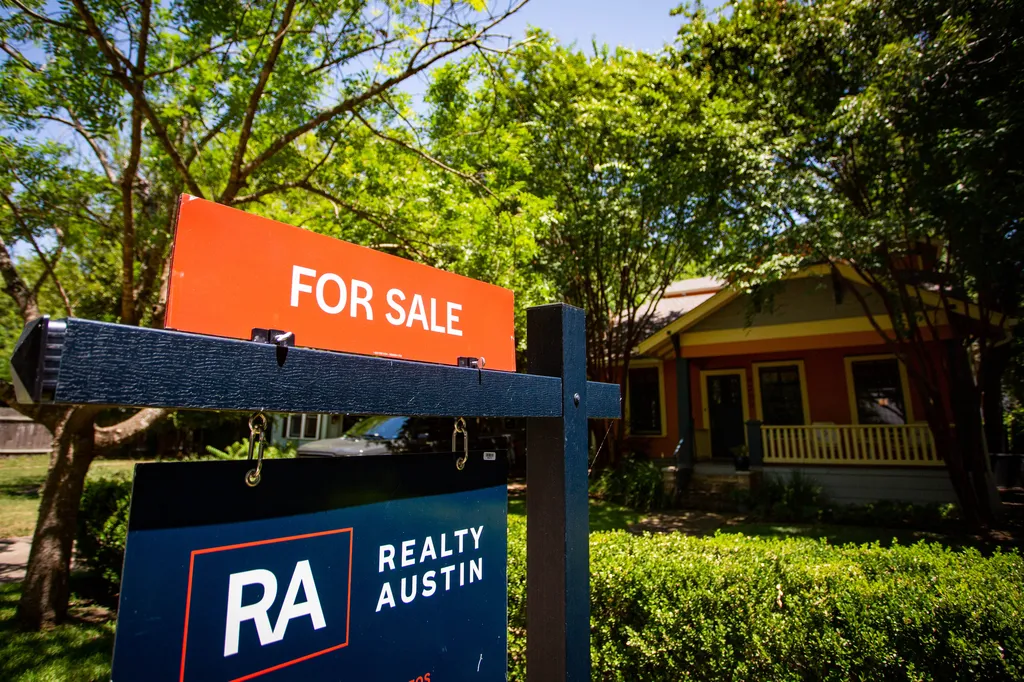In a significant development during the 2025 legislative session, Texas joined a growing list of states by enacting legislation aimed at restricting foreign investments in real property. Senate Bill 17 (SB 17), signed into law by Governor Greg Abbott on June 20, 2025, prohibits governments, individuals, and entities from “designated countries” from acquiring any interest in Texas real property. These designated countries, identified in recent U.S. Intelligence Community Annual Threat Assessments, include China, Iran, North Korea, and Russia, with the governor having the authority to add more.
The law, set to take effect on September 1, 2025, exempts U.S. citizens and lawful permanent residents, as well as companies majority-owned or controlled by these individuals. Enforcement is vested in the Texas Attorney General, with penalties ranging from divestiture to substantial fines and potential state jail felony charges for knowing violations.
Shortly after the enactment of SB 17, three Chinese citizens residing in Texas filed a lawsuit against Texas Attorney General Ken Paxton, challenging the constitutionality of the new law. The plaintiffs, who hold nonimmigrant visas, alleged that SB 17 violates their equal protection rights under the U.S. Constitution, the Supremacy Clause, and the Fair Housing Act (FHA).
The plaintiffs argued that SB 17 discriminates against them based on their race, ethnicity, color, alienage, and national origin, thereby violating their right to equal protection. They also claimed that the law permits real estate sellers and landlords to discriminate against foreign purchasers, particularly those of Chinese descent, creating a “discriminatory housing practice” in violation of the FHA. Additionally, the plaintiffs contended that SB 17 is preempted by federal law, as the federal government has exclusive power to manage foreign affairs and transactions, including foreign investments and national security.
However, on August 18, 2025, Judge Charles Eskridge of the United States District Court for the Southern District of Texas ruled that the two remaining plaintiffs lacked standing to pursue a class action against the law. The judge denied their request for a preliminary injunction, stating that granting such relief without giving the defendant an opportunity to respond was improper and that the plaintiffs did not demonstrate an emergency justifying such relief.
In response to the lawsuit, Texas Attorney General Ken Paxton filed a motion to dismiss, arguing that the plaintiffs lack standing to bring the lawsuit. The defense contended that the restriction under SB 17 does not apply to the plaintiffs, as they are not from the designated countries listed in the law.
The implications of this ruling are significant. The court’s decision to dismiss the case based on standing does not address the merits of the plaintiffs’ constitutional claims. This means that the legality of SB 17 remains untested, and the law is set to go into effect as planned. The ruling also sets a precedent for future challenges to similar laws, as it highlights the importance of establishing standing in such cases.
As the debate over foreign investment in U.S. real estate continues, this case serves as a reminder of the complex interplay between state and federal laws, as well as the constitutional principles that underpin them. The outcome of this case will likely have far-reaching implications for both real estate investors and policymakers navigating the intricate landscape of foreign investment regulations.

